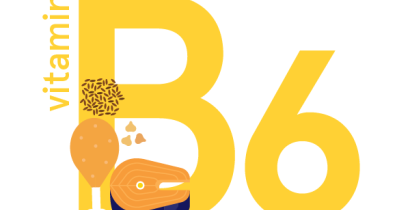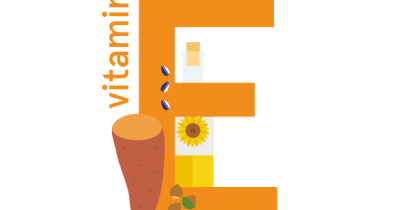Vitamin K: foods, functions, how much do you need & more
Last Updated : 11 January 2021You may have never thought twice about vitamin K, but this vitamin is a key protagonist in every bleeding wound! The K in vitamin K comes from the German word “koagulation”, which means blood clotting, or coagulation.
What is vitamin K?
Vitamin K is a fat-soluble vitamin that has three forms: vitamin K1, K2 and K3.
Vitamin K1, also known as phylloquinones, is the most abundant in foods and we can find it mainly in plants.
Vitamin K2, also known as menaquinones, is produced by bacteria and yeast and we can find it mainly in animal products such as meat, cheese and eggs.
Vitamin K3, also known as menadione, is the synthetic form of the vitamin and can only be found in supplements.
What are the functions of vitamin K?
Vitamin K is involved in many bodily functions. Our bodies use vitamin K to form key proteins that keep the normal coagulation and to form and maintain the structure of our bones.
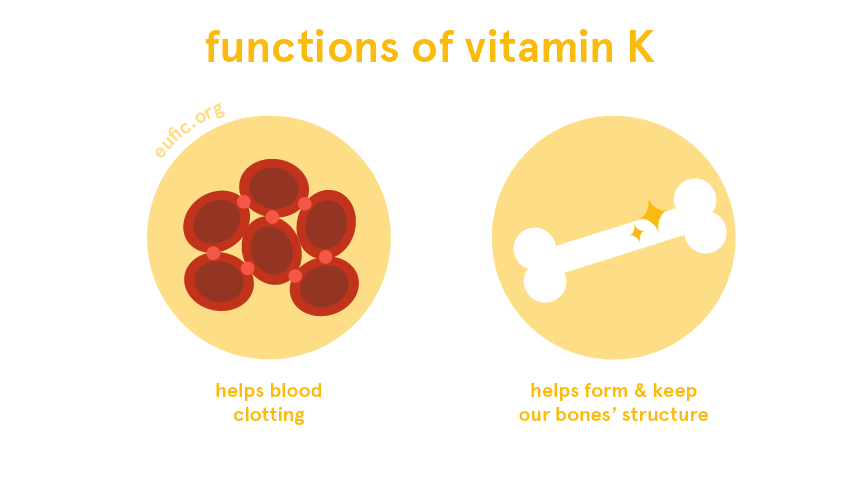
How much vitamin K do I need per day?
How much vitamin K you need per day changes according to your age, sex and life-stage.
The dietary reference value (DRV) for healthy adults (over the age of 18), including during pregnancy and lactation, is 70 µg of vitamin K per day.
We can get enough vitamin K from our diets by eating a variety of foods. Following your country's dietary guidelines on a healthy and balanced diet will help you meet your needs for vitamin K.
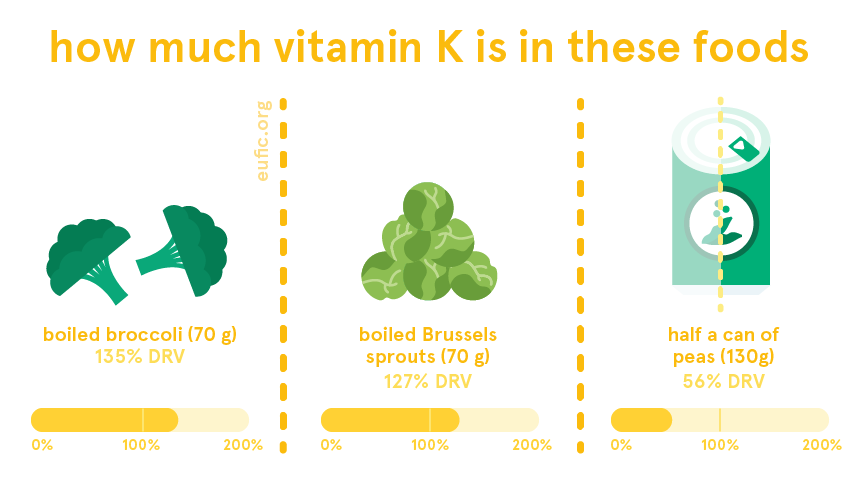
* These values are based on the adequate intake (AI) estimates from the European Food Safety Authority (EFSA). They should not be interpreted as nutrient goals. To know more about dietary reference values DRVs in Europe click here.
What foods contain vitamin K?
We can find the two natural forms of vitamin K in plants or animal-based foods.
Plant-based foods rich in vitamin K include:
- dark green leafy vegetables (such as spinach, lettuce, cabbage, kale, Brussels sprouts, broccoli and cauliflower)
- some seed and vegetable oils (such as soybean, rapeseed, and olive oil)
- spreadable vegetable fats
Animal-based foods rich in vitamin K include:
- meat and meat products (particularly liver products)
- poultry
- cheese and other dairy products
- blended fats and oils.
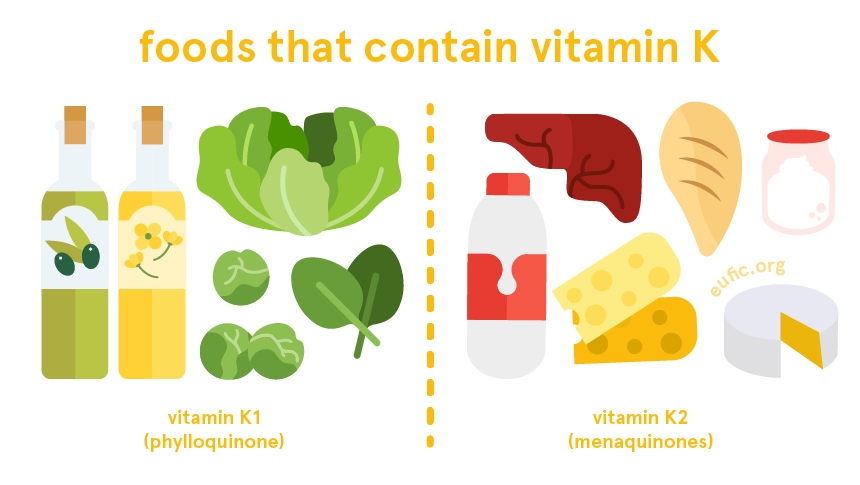
Does vitamin K interact with other nutrients?
Vitamin K interacts with vitamin D to help keep good levels of calcium in our bones, which is why we need a good balance of all these micronutrients to keep optimal bone growth and health.
In turn, excessive intakes of vitamin E can lower levels of vitamin K, by causing our bodies to break down and remove more of this vitamin. This is particularly harmful to people who already have low levels of vitamin K (for example, due to specific health conditions or the use of anticoagulants), as it can impair normal blood clotting and increase the risk of bleeding.
Vitamin K is often better absorbed when combined with foods that contain fats. For example, pairing cooked vegetables with healthy fats, can help our bodies absorb up to three times more vitamin K.
What happens if you have too little vitamin K?
Vitamin K deficiency is not common in healthy adults with a balanced diet, but it can happen in people with specific health conditions that impair the absorption of foods and nutrients or that use specific medications that block the metabolism of vitamin K in our bodies, such as anticoagulants.
Vitamin K deficiency affects blood clotting and can cause easy bruising and bleeding.
What happens if you have too much vitamin K?
Vitamin K from foods is not considered harmful since it’s unlikely that we get too much of it through our diets alone.
Excessive intakes of vitamin K are mainly concerning to those who are taking anticoagulants or other medicines that affect the production of clotting proteins. High doses of vitamin K (from the diet or supplements) can block the anticoagulant effects from the medication and risk the thickening of the blood, which can have serious health consequences.
Before taking vitamin K supplements, check with your doctor or consult a registered dietitian/nutritionist to discuss if there’s any value or risks in adding a supplement to your diet.
When should I pay extra attention to my vitamin K intake?
Vitamin K deficiency is not a risk for the general population since most people can get the recommended amounts of this vitamin from a varied and balanced diet.
References
- European Food Safety Authority. 2017. Scientific Opinion on the dietary reference values for vitamin K. EFSA Journal 2017;15(5):4780
- World Health Organization (WHO). 2004. Vitamin and mineral requirements in human nutrition. 2nd edition. Geneva, Switzerland: WHO.
- Public Health England. 2019. McCance and Widdowson’s Composition of Foods Integrated Dataset.
